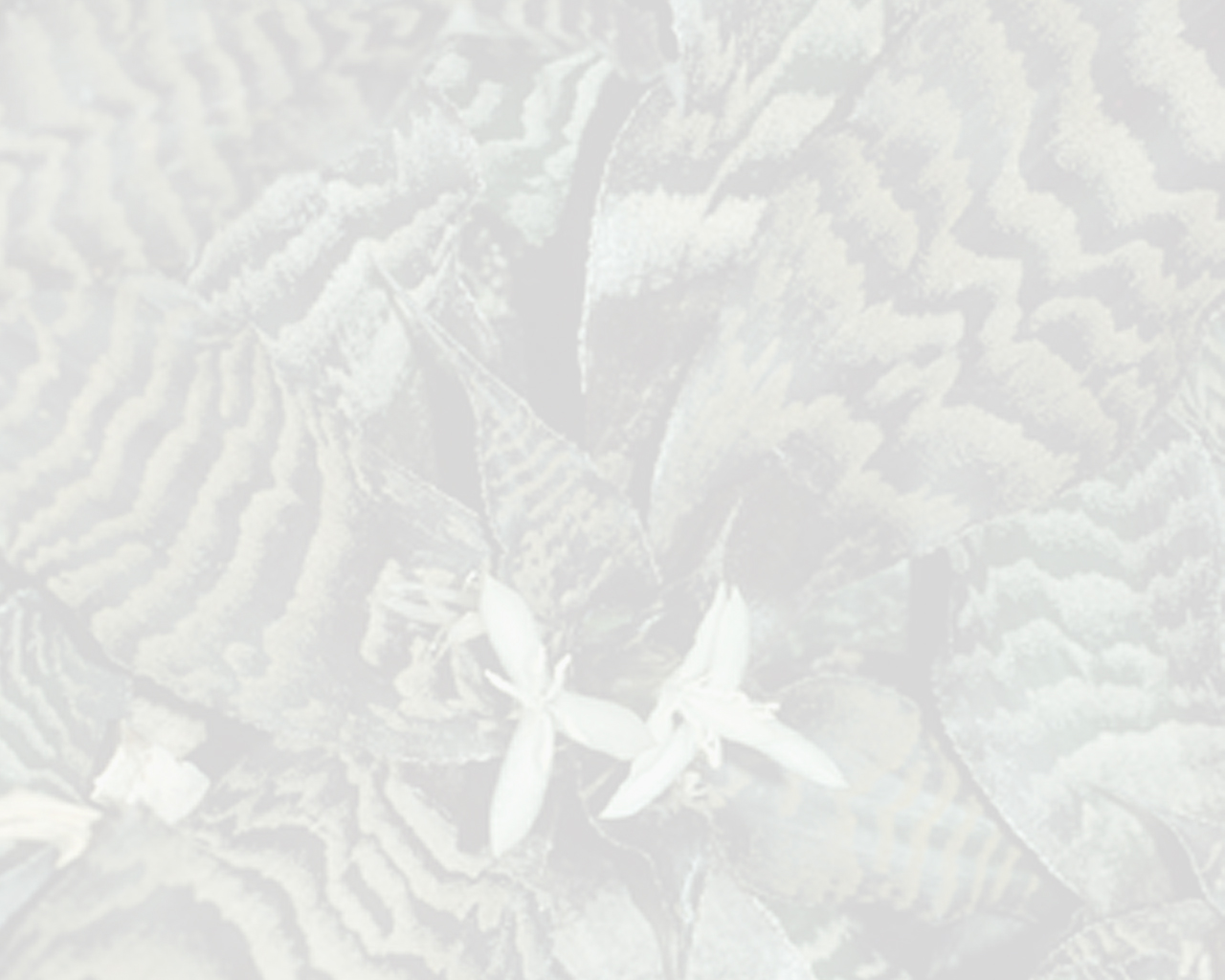

Andrade et al. 2025b (Article) Aechmea, Lymania, Brazil
Propagation of seedlings from three endemic Bromeliaceae species to reintroduction in to natural areas
Author(s):—D.S.d.S. Andrade, E.H. de Souza, E.M.R. Costa & F.V.D. Souza
Publication:—Vegetos Online: 1-10. (2025) — DOI
Abstract:—Bromeliaceae have ecological and economic importance, contributing to ecosystem functioning, biodiversity maintenance, the ornamental market of tropical plants, and agriculture, as in the case of pineapples. However, have been exposed to extinction risks due to predatory extraction and agricultural expansion. In this perspective, this study aimed to develop a protocol for the in vitro production of seedlings of three species of Bromeliaceae: Aechmea conifera, A. perforata, and Lymania languida. Seeds collected from natural populations were used and cultivated in a culture medium with half the concentration of MS salts, supplemented with 3% sucrose and 2.5?g L− 1 of Phytagel?. The seeds were incubated under three temperature conditions: 25??C ? 1??C in a growth chamber (in vitro), 30??C in a B.O.D. (in vitro), and 32??C in a greenhouse. The obtained seedlings were used as starting material for the micropropagation assay. Four subcultures were performed at 45-day intervals. Aechmea conifera showed the best germination results with 94% in the growth chamber, 85% in the B.O.D., and 84% in the greenhouse. Aechmea perforata had the best germination result in the B.O.D. with 83%, followed by Lymania languida with 79% under the same conditions. The behavior of the two Aechmea species during the subcultures was similar, according to the geometric growth rate, but with different values in the number of shoots per explant. The highest value (150 shoots per explant) was obtained for A. perforata, followed by L. languida (127 shoots per explant) and A. conifera (85 shoots per explant).
Keywords:—Bromeliads, Bromelioideae, In vitro propagation, Endemism, Conservation